1. Enhanced Diagnostic Tools
AI can improve the accuracy and speed of psychological diagnoses by analyzing patient data, speech patterns, and behavioral cues. This allows for earlier detection of mental health issues and tailored treatment plans.

AI-enhanced diagnostic tools in psychology are set to revolutionize how mental health conditions are identified and understood. By analyzing subtle patterns in speech, behavior, and even written communication, AI can uncover indicators of psychological disorders that might go unnoticed by human clinicians. This level of analysis can lead to quicker, more accurate diagnoses, enabling timely intervention. Moreover, AI's ability to process and learn from vast datasets ensures that diagnostic tools continually improve in accuracy and effectiveness, potentially identifying conditions at their onset and predicting their development, thereby transforming patient outcomes through early and personalized treatment plans.
2. Personalized Therapy Recommendations
By analyzing individual patient profiles and treatment outcomes, AI can help clinicians recommend the most effective therapy techniques and interventions for each patient, enhancing treatment personalization.

The application of AI in generating personalized therapy recommendations represents a significant advancement in mental health care. By analyzing individual patient data, including symptoms, treatment history, and response patterns, AI can identify the most effective therapeutic approaches for each patient. This personalized strategy not only enhances the efficacy of treatments but also reduces the trial-and-error process often associated with finding the right therapy, making mental health care more efficient and responsive to individual needs. Patients receive care that is specifically tailored to their unique psychological makeup, greatly improving the chances of successful outcomes.
3. Automated Behavioral Analysis
AI algorithms can objectively analyze behavioral data collected through wearable devices or digital interactions, providing insights into patterns related to mood disorders, anxiety, or other psychological conditions.

Automated behavioral analysis through AI offers profound benefits for psychology, enabling the objective and continuous assessment of patient behaviors in real time. By monitoring physical activity, social interactions, and even online behavior, AI algorithms can detect changes that may indicate shifts in mental health status. This capability allows for the early detection of potential issues, facilitating timely interventions. Additionally, automated analysis provides a more nuanced understanding of patient behaviors outside the clinical setting, offering insights that can inform treatment adjustments and support personalized care strategies.
4. Cognitive Training and Rehabilitation
AI-driven apps and programs can offer personalized cognitive training exercises for individuals recovering from brain injuries or suffering from cognitive decline, adapting in real-time to the user's progress.
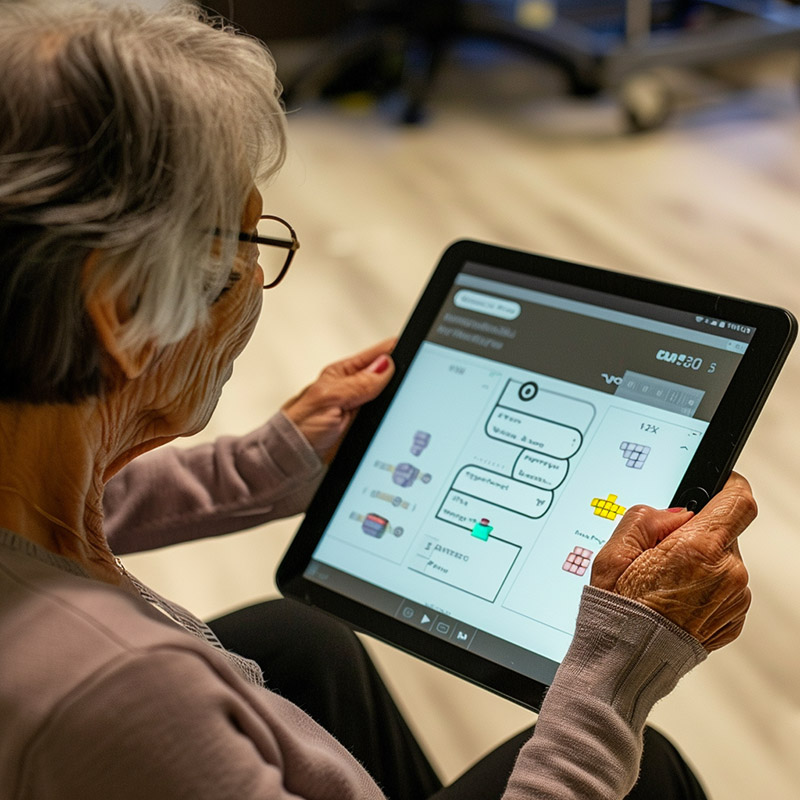
AI-driven cognitive training and rehabilitation tools provide customized brain exercises that adapt to the specific needs and progress of individuals recovering from neurological injuries or dealing with cognitive decline. These tools can automatically adjust difficulty levels, offer real-time feedback, and optimize training programs to target areas requiring improvement. This personalized approach enhances the effectiveness of cognitive rehabilitation, supporting faster and more comprehensive recovery processes. Furthermore, AI enables scalable solutions that patients can access from home, extending rehabilitative support beyond clinical environments and improving accessibility to essential cognitive therapy.
5. Mental Health Monitoring and Early Intervention
AI tools can monitor users' digital footprints, such as social media activity or smartphone usage, to identify early signs of mental health distress and prompt early intervention.

AI-driven cognitive training and rehabilitation tools provide customized brain exercises that adapt to the specific needs and progress of individuals recovering from neurological injuries or dealing with cognitive decline. These tools can automatically adjust difficulty levels, offer real-time feedback, and optimize training programs to target areas requiring improvement. This personalized approach enhances the effectiveness of cognitive rehabilitation, supporting faster and more comprehensive recovery processes. Furthermore, AI enables scalable solutions that patients can access from home, extending rehabilitative support beyond clinical environments and improving accessibility to essential cognitive therapy.
6. Virtual Reality Therapy Enhancement:
AI can guide the development of virtual reality (VR) environments tailored to specific therapeutic goals, such as exposure therapy for PTSD, enhancing the efficacy and accessibility of such treatments.
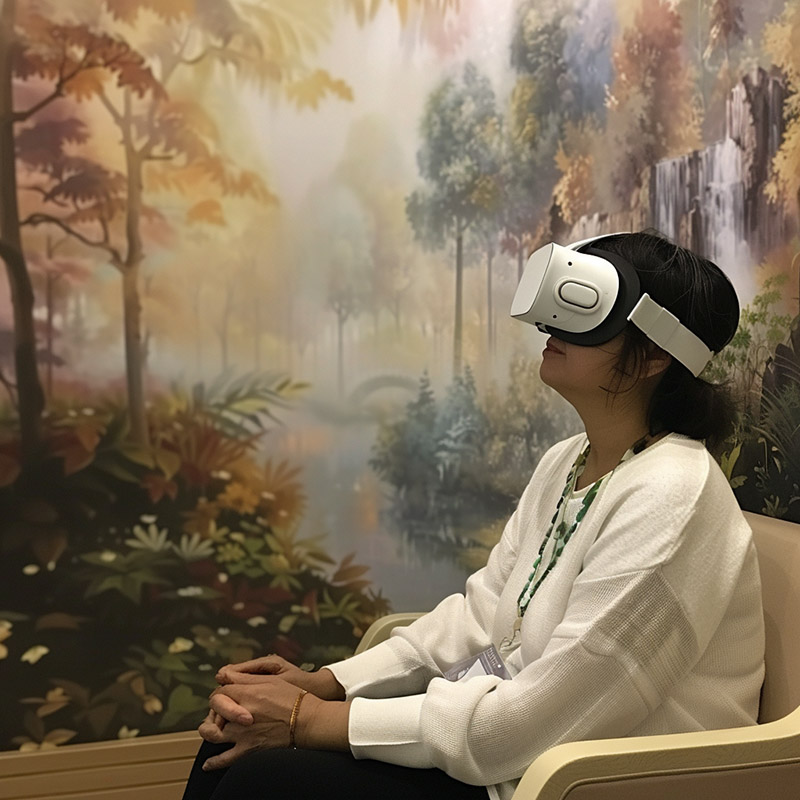
AI enhances virtual reality (VR) therapy by creating immersive, therapeutic environments tailored to individual treatment needs. For conditions like PTSD, phobias, and anxiety disorders, AI can adjust VR scenarios in real time to ensure they are both challenging and manageable for the patient, facilitating effective exposure therapy. This personalized adjustment enhances the therapeutic value of VR sessions, making them more effective and reducing the time required to achieve treatment goals. Moreover, AI-driven VR therapy can reach patients remotely, breaking down barriers to access and offering innovative treatment options that were previously unavailable.
7. Predictive Analytics for Psychological Research
AI can process vast datasets from psychological studies to identify trends, correlations, and predictive factors, accelerating research findings and uncovering new insights into human behavior and mental health.
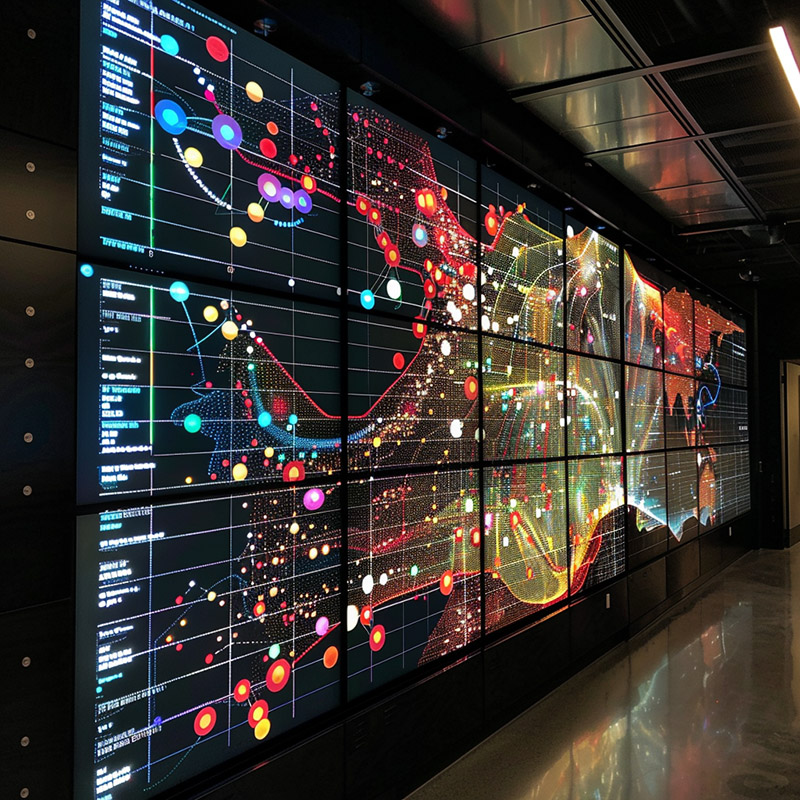
In psychological research, predictive analytics powered by AI can sift through extensive datasets to identify patterns, correlations, and causal relationships that might elude traditional analysis. This capability accelerates the discovery of psychological insights, contributing to a deeper understanding of human behavior and mental health disorders. AI's predictive models can forecast trends in mental health, inform public health strategies, and even predict individual treatment outcomes, driving evidence-based practices and policy-making in mental health care, ultimately leading to more effective interventions and preventive measures.
8. Chatbots for Mental Health Support
AI-powered chatbots can provide immediate, anonymous support for individuals seeking mental health assistance, offering coping strategies and guidance, and bridging the gap until professional help is available.
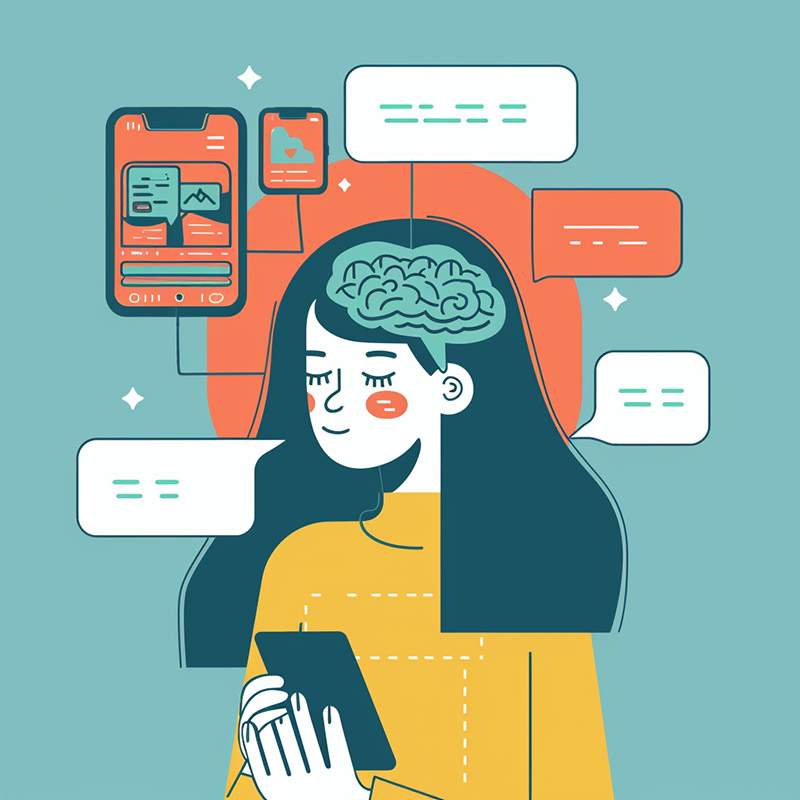
AI-powered chatbots provide immediate, accessible mental health support, offering a confidential platform for individuals to express concerns and seek advice. These chatbots can guide users through coping mechanisms, mindfulness exercises, and provide information on mental health resources, serving as a first line of support. For many, chatbots can bridge the gap to seeking professional help, offering a non-judgmental space to start addressing mental health issues. While not a replacement for professional care, AI chatbots can play a significant role in de-stigmatizing mental health support and making it more accessible to those in need.
9. Emotion Recognition Technologies
AI systems trained to recognize and interpret human emotions through facial expressions, vocal tones, and body language can aid in understanding emotional responses and tailoring therapeutic interventions.
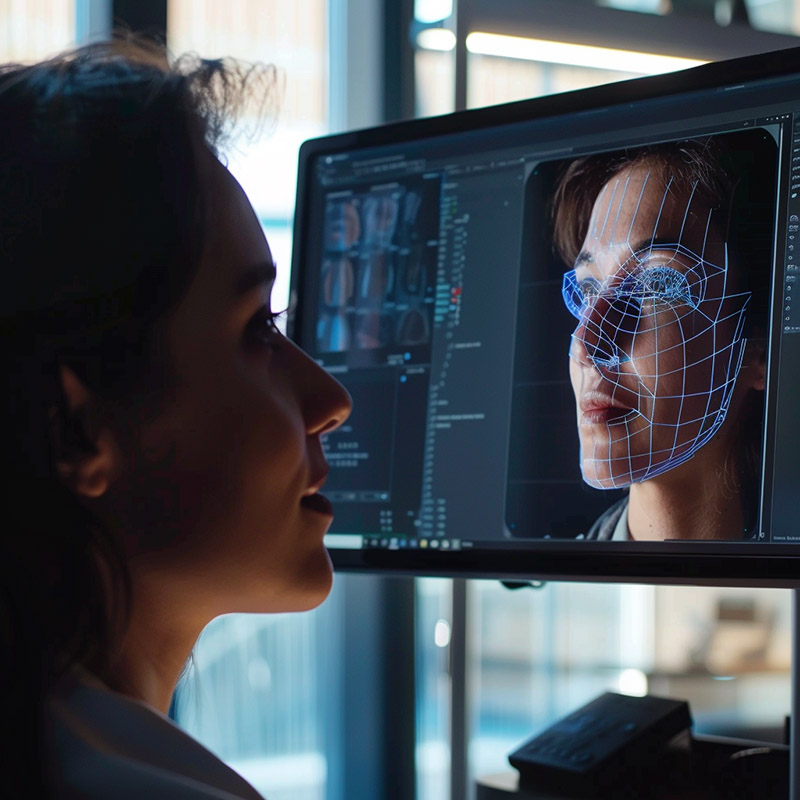
Emotion recognition technologies powered by AI can significantly benefit psychological assessment and therapy by providing objective data on a patient's emotional state. By analyzing facial expressions, voice tones, and physiological responses, AI can detect emotions in real-time, offering insights that can enhance therapeutic interventions. This technology supports clinicians in understanding non-verbal cues and emotional reactions, facilitating more responsive and empathetic care. In research settings, emotion recognition can contribute to studies on emotional processing, social interactions, and the effectiveness of therapeutic approaches, enriching our understanding of human emotions.
10. Ethical and Bias Analysis in Psychological Practice
AI can analyze psychological research and clinical practices for potential biases and ethical considerations, ensuring that treatments are fair, inclusive, and based on the most reliable and unbiased data available.

AI's ability to analyze and identify potential biases and ethical issues in psychological practice and research is invaluable. By examining data, methodologies, and outcomes, AI can highlight areas where biases may influence findings or treatment effectiveness, prompting a reevaluation of approaches to ensure they are fair and inclusive. This analysis is crucial in developing psychological theories and interventions that accurately reflect and serve diverse populations. Additionally, AI can aid in ethical decision-making by providing frameworks that consider a wide range of outcomes and implications, ensuring that psychological practices adhere to the highest ethical standards.